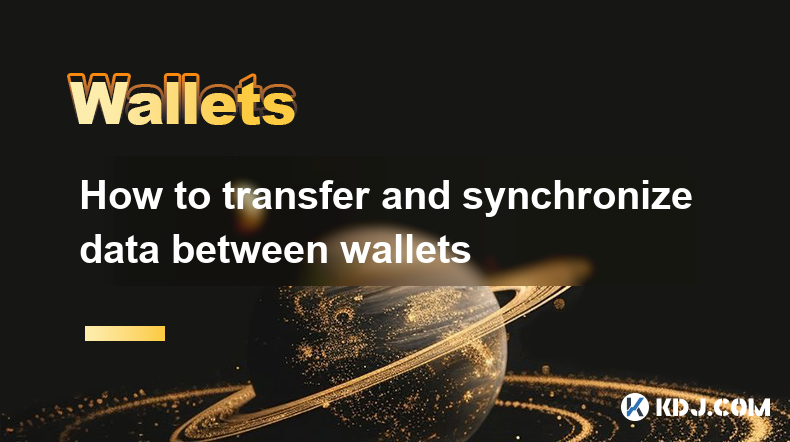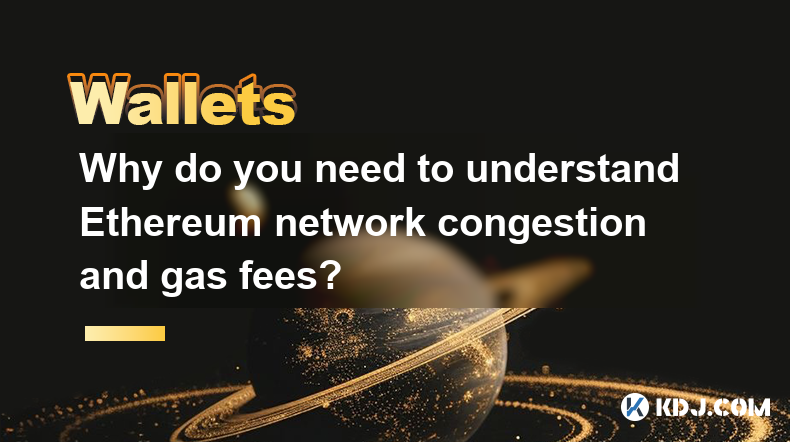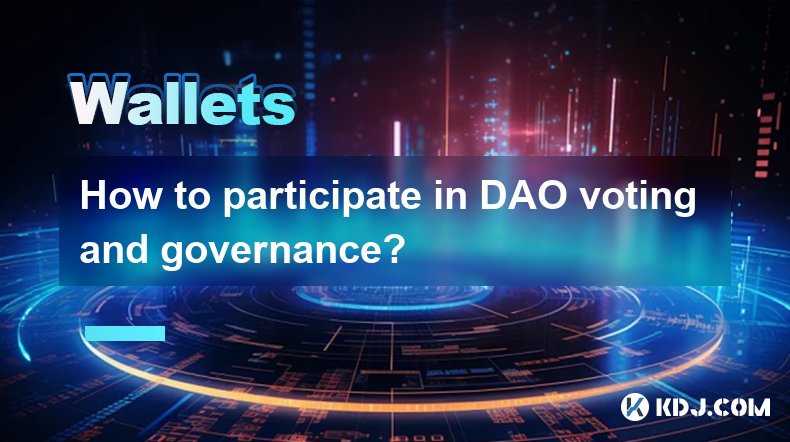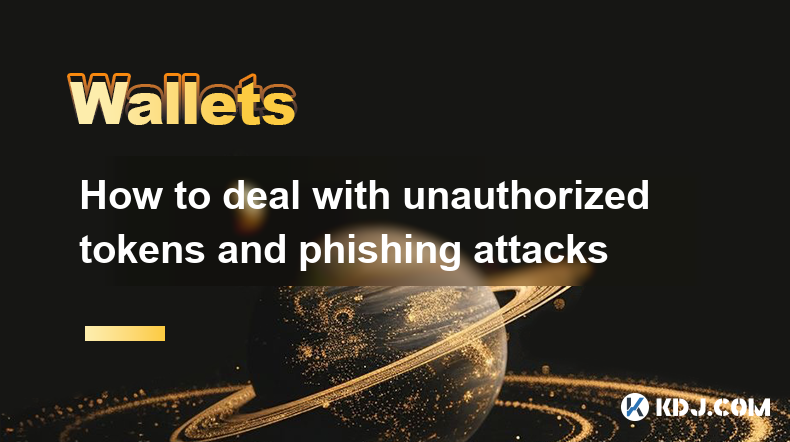-
 Bitcoin
Bitcoin $96,604.0476
-1.45% -
 Ethereum
Ethereum $2,752.0205
0.52% -
 XRP
XRP $2.5833
-0.87% -
 Tether USDt
Tether USDt $1.0000
-0.06% -
 BNB
BNB $657.7850
0.32% -
 Solana
Solana $173.4050
0.38% -
 USDC
USDC $1.0000
0.02% -
 Dogecoin
Dogecoin $0.2449
-3.00% -
 Cardano
Cardano $0.7719
-2.90% -
 TRON
TRON $0.2357
-3.45% -
 Chainlink
Chainlink $17.6899
-3.88% -
 Avalanche
Avalanche $25.5840
0.64% -
 Sui
Sui $3.4127
0.21% -
 Stellar
Stellar $0.3324
-0.86% -
 Litecoin
Litecoin $128.0813
-3.56% -
 Toncoin
Toncoin $3.6632
1.63% -
 Shiba Inu
Shiba Inu $0.0...01546
-0.49% -
 Hedera
Hedera $0.2148
-1.82% -
 UNUS SED LEO
UNUS SED LEO $9.7239
0.27% -
 Hyperliquid
Hyperliquid $24.7014
0.92% -
 Polkadot
Polkadot $5.0399
-2.52% -
 MANTRA
MANTRA $7.5462
0.22% -
 Bitcoin Cash
Bitcoin Cash $320.3260
-1.23% -
 Bitget Token
Bitget Token $4.9112
2.81% -
 Ethena USDe
Ethena USDe $0.9995
0.07% -
 Dai
Dai $1.0002
0.01% -
 Uniswap
Uniswap $8.9178
-2.78% -
 Monero
Monero $235.3515
0.22% -
 NEAR Protocol
NEAR Protocol $3.4964
-0.41% -
 Pepe
Pepe $0.0...09610
-0.19%
How to integrate DeFi transactions into your wallet?
By integrating DeFi into your wallet, you can access a broader range of financial instruments and enhance security through the transparency of blockchain technology.
Feb 21, 2025 at 11:37 pm

Key Points:
- Understanding the Benefits of DeFi Integration
- Selecting a DeFi-Compatible Wallet
- Connecting to DeFi Networks
- Securing Your DeFi Transactions
- Managing Your DeFi Assets
How to Integrate DeFi Transactions into Your Wallet
1. Understanding the Benefits of DeFi Integration:
DeFi, or decentralized finance, allows you to access financial services without intermediaries. By integrating DeFi into your wallet, you can:
- Access a wider range of financial instruments: Gain exposure to various crypto assets, lending protocols, and decentralized exchanges.
- Maximize yields on your investments: Explore high-yield savings and lending options offered by DeFi platforms.
- Reduce transaction fees: Utilize blockchain protocols with lower transaction costs compared to traditional banks or financial institutions.
- Enhance security: Benefit from the inherent transparency and security of blockchain technology, eliminating potential vulnerabilities associated with centralized entities.
2. Selecting a DeFi-Compatible Wallet:
Choose a wallet that supports DeFi functionality. Consider the following factors:
- Security: Look for wallets that offer robust security features, such as multi-factor authentication and secure storage of private keys.
- Compatibility: Ensure the wallet is compatible with the DeFi networks you intend to use.
- Ease of use: Choose a user-friendly wallet with an intuitive interface for seamless navigation and transaction initiation.
3. Connecting to DeFi Networks:
Most DeFi platforms operate on specific blockchain networks, such as Ethereum or Binance Smart Chain. To integrate with these networks, you will need to:
- Configure your wallet: Enable the DeFi networks in your wallet's settings.
- Obtain a network token: Acquire the native token of the network you wish to connect to, such as ETH for Ethereum.
- Pay network fees: Be prepared to pay transaction fees associated with interacting with the blockchain network.
4. Securing Your DeFi Transactions:
Protect your DeFi transactions with the following measures:
- Enable two-factor authentication: Utilize additional security layers to prevent unauthorized access to your wallet.
- Store private keys securely: Keep your private keys offline in a hardware wallet or other secure storage solution.
- Be wary of phishing scams: Exercise caution when interacting with unfamiliar or suspicious websites or emails related to DeFi.
5. Managing Your DeFi Assets:
Once you have integrated DeFi into your wallet, you can manage your assets as follows:
- Track balances: Monitor your DeFi investments and yields across different platforms directly from your wallet.
- Trade and exchange: Execute trades and swaps between crypto assets within the DeFi ecosystem.
- Withdraw and deposit: Transfer assets in and out of your DeFi wallet to external accounts or platforms.
FAQs:
- What is the difference between CeFi and DeFi?
CeFi (centralized finance) refers to financial services that operate within the traditional banking system, while DeFi (decentralized finance) encompasses financial services that function on blockchain networks without intermediaries.
- What are the risks associated with DeFi?
Potential risks include market volatility, smart contract vulnerabilities, and security breaches. It's essential to conduct thorough research and exercise prudence when participating in DeFi activities.
- How do I know which DeFi platforms to trust?
Consider the platform's reputation, security audits, and community engagement. Conduct due diligence by reading reviews and seeking expert opinions before interacting with any DeFi platform.
Disclaimer:info@kdj.com
The information provided is not trading advice. kdj.com does not assume any responsibility for any investments made based on the information provided in this article. Cryptocurrencies are highly volatile and it is highly recommended that you invest with caution after thorough research!
If you believe that the content used on this website infringes your copyright, please contact us immediately (info@kdj.com) and we will delete it promptly.
- DTX Exchange: The Next Big Crypto Play That's Flying Under the Radar
- 2025-02-22 23:15:25
- SOL May Dip Lower Before Having an Explosive Rally, ETH Rival Solana (SOL) Analyst Says
- 2025-02-22 23:15:25
- Is Yeti Ouro Poised to Surpass XRP in the Crypto Market? Here's What You Need to Know!
- 2025-02-22 23:15:25
- DTX Exchange: The Potential Best Utility Coin of 2025
- 2025-02-22 23:15:25
- DTX Exchange (DTX) Attracts Ethereum (ETH) and Cardano (ADA) Holders With Unmatched Potential for Rapid Gains
- 2025-02-22 23:15:25
- Dogecoin Price Stagnation And Emerging Alternatives
- 2025-02-22 23:05:25
Related knowledge

What are cold storage and hot storage? Which one is safer?
Feb 22,2025 at 03:18pm
Key Points:Cold storage and hot storage are two methods of storing cryptocurrencies.Cold storage involves storing cryptocurrencies offline, while hot storage involves storing them online.Cold storage is generally considered safer than hot storage, as it is not connected to the internet and is therefore less susceptible to hacking.Cold StorageCold storag...

How to synchronize wallets in multiple devices and browsers
Feb 22,2025 at 09:18am
Key Points:Understand the different types of cryptocurrency wallets and their synchronization capabilities.Learn how to synchronize hardware wallets with multiple devices.Discover the steps involved in synchronizing software wallets across platforms.Explore the options for synchronizing mobile wallets on different devices.Gain insight into browser exten...

How to transfer and synchronize data between wallets
Feb 21,2025 at 12:25pm
Key Points:Understanding different wallet types and their capabilitiesIdentifying similarities and differences between walletsExploring options for transferring and synchronizing dataEnsuring data security and integrity during transferAddressing common challenges and troubleshooting tipsHow to Transfer and Synchronize Data Between Cryptocurrency Wallets...

Why do you need to understand Ethereum network congestion and gas fees?
Feb 21,2025 at 04:48am
Key PointsUnderstanding Ethereum Network Congestion and Gas FeesGas Fees ExplainedFactors Affecting Network CongestionStrategies for Minimizing Gas FeesImpact of Ethereum UpgradesUnderstanding Ethereum Network Congestion and Gas FeesThe Ethereum network is a decentralized platform that hosts a vast ecosystem of decentralized applications (dApps), non-fu...

How to participate in DAO voting and governance?
Feb 21,2025 at 03:42pm
Key Points:Overview of DAO Voting and GovernanceUnderstanding DAO Structures and MembershipRole of DAO Tokens and Voting RightsParticipating in Voting and Proposal SubmissionLeveraging Governance Tools and PlatformsImpact of Voting Participation on DAO OutcomesBest Practices for Effective DAO GovernanceHow to Participate in DAO Voting and Governance1. U...

How to deal with unauthorized tokens and phishing attacks
Feb 21,2025 at 05:25am
Dealing with Unauthorized Tokens and Phishing Attacks in the Cryptocurrency CircleThe cryptocurrency market is rife with potential dangers, including unauthorized tokens and phishing attacks. To protect yourself from these threats, it's crucial to take proactive measures and be vigilant in your online activities.Key Points:Unauthorized Tokens: Tokens cr...

What are cold storage and hot storage? Which one is safer?
Feb 22,2025 at 03:18pm
Key Points:Cold storage and hot storage are two methods of storing cryptocurrencies.Cold storage involves storing cryptocurrencies offline, while hot storage involves storing them online.Cold storage is generally considered safer than hot storage, as it is not connected to the internet and is therefore less susceptible to hacking.Cold StorageCold storag...

How to synchronize wallets in multiple devices and browsers
Feb 22,2025 at 09:18am
Key Points:Understand the different types of cryptocurrency wallets and their synchronization capabilities.Learn how to synchronize hardware wallets with multiple devices.Discover the steps involved in synchronizing software wallets across platforms.Explore the options for synchronizing mobile wallets on different devices.Gain insight into browser exten...

How to transfer and synchronize data between wallets
Feb 21,2025 at 12:25pm
Key Points:Understanding different wallet types and their capabilitiesIdentifying similarities and differences between walletsExploring options for transferring and synchronizing dataEnsuring data security and integrity during transferAddressing common challenges and troubleshooting tipsHow to Transfer and Synchronize Data Between Cryptocurrency Wallets...

Why do you need to understand Ethereum network congestion and gas fees?
Feb 21,2025 at 04:48am
Key PointsUnderstanding Ethereum Network Congestion and Gas FeesGas Fees ExplainedFactors Affecting Network CongestionStrategies for Minimizing Gas FeesImpact of Ethereum UpgradesUnderstanding Ethereum Network Congestion and Gas FeesThe Ethereum network is a decentralized platform that hosts a vast ecosystem of decentralized applications (dApps), non-fu...

How to participate in DAO voting and governance?
Feb 21,2025 at 03:42pm
Key Points:Overview of DAO Voting and GovernanceUnderstanding DAO Structures and MembershipRole of DAO Tokens and Voting RightsParticipating in Voting and Proposal SubmissionLeveraging Governance Tools and PlatformsImpact of Voting Participation on DAO OutcomesBest Practices for Effective DAO GovernanceHow to Participate in DAO Voting and Governance1. U...

How to deal with unauthorized tokens and phishing attacks
Feb 21,2025 at 05:25am
Dealing with Unauthorized Tokens and Phishing Attacks in the Cryptocurrency CircleThe cryptocurrency market is rife with potential dangers, including unauthorized tokens and phishing attacks. To protect yourself from these threats, it's crucial to take proactive measures and be vigilant in your online activities.Key Points:Unauthorized Tokens: Tokens cr...
See all articles

















![BONK The Meme Coin MORE THAN ORDINARY [DOG] on Solana BONK The Meme Coin MORE THAN ORDINARY [DOG] on Solana](/uploads/2025/02/22/cryptocurrencies-news/videos/bonk-meme-coin-ordinary-dog-solana/image-1.jpg)


































































